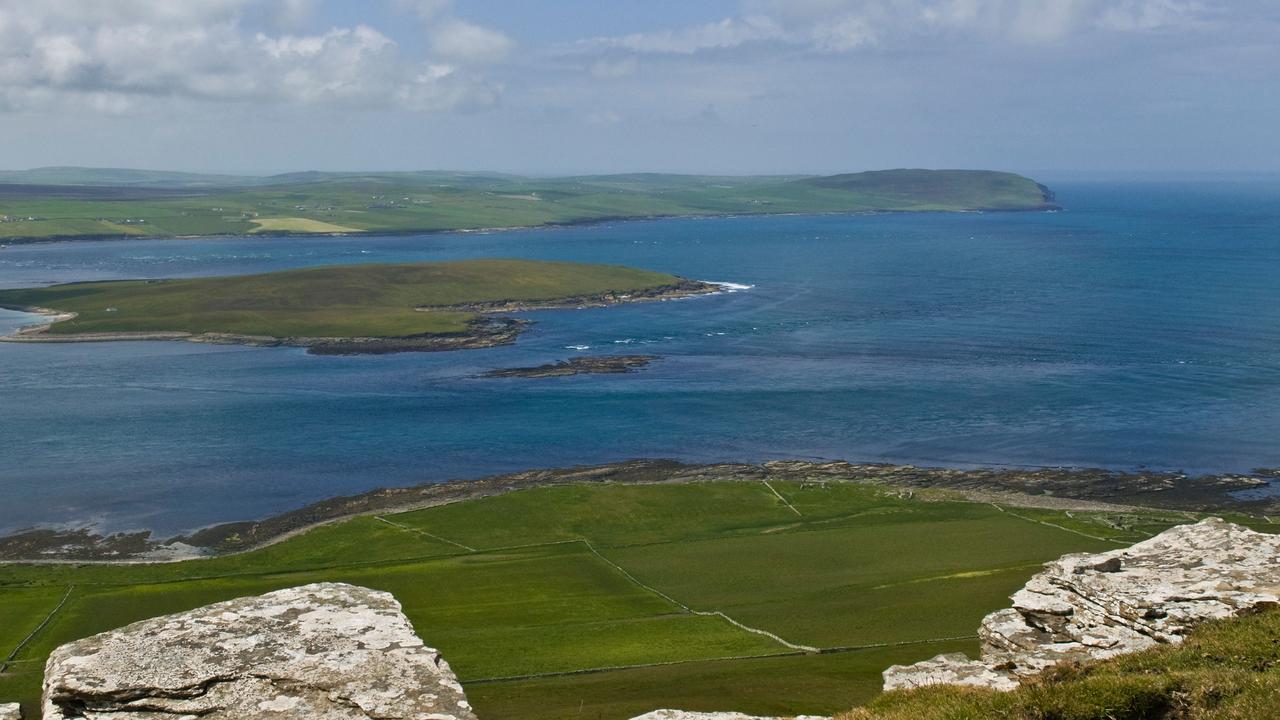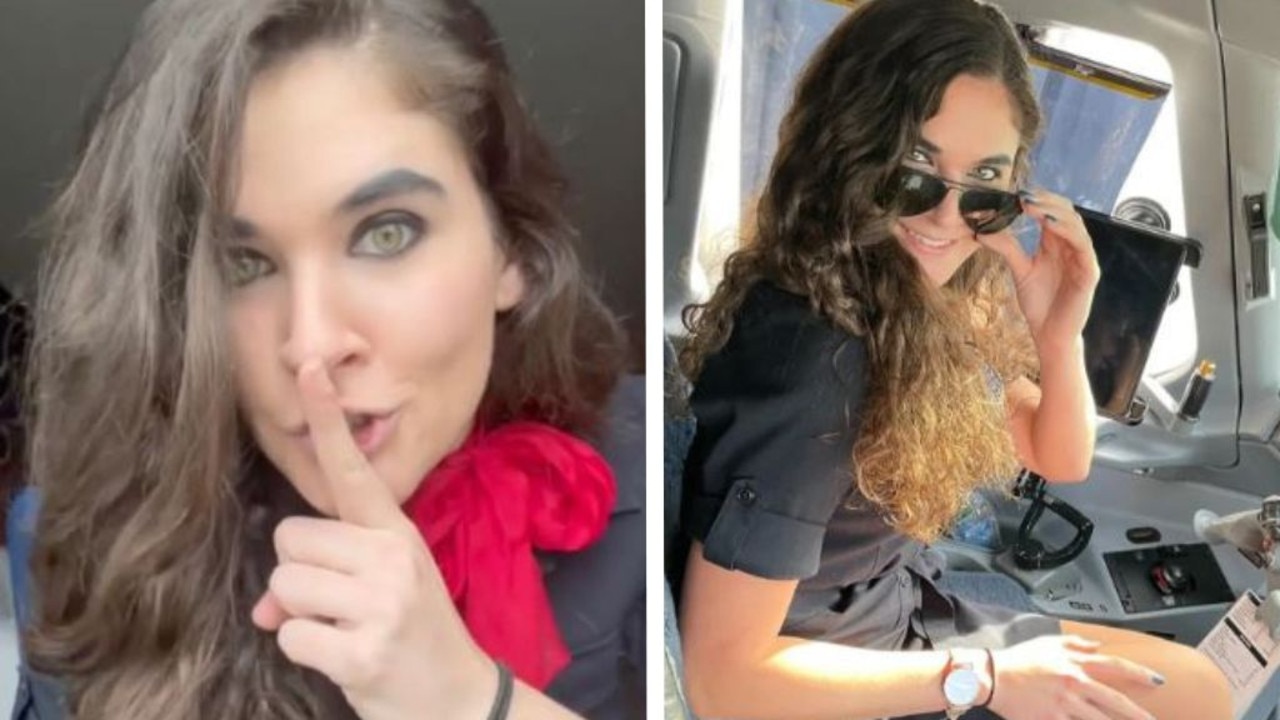Australian traveller Aaron Smith dices with death in South America
STRANDED on the Amazon River. Held at gunpoint. Living in a favela. This is one Australian’s terrifying and intriguing trip to one of the world’s wildest places.
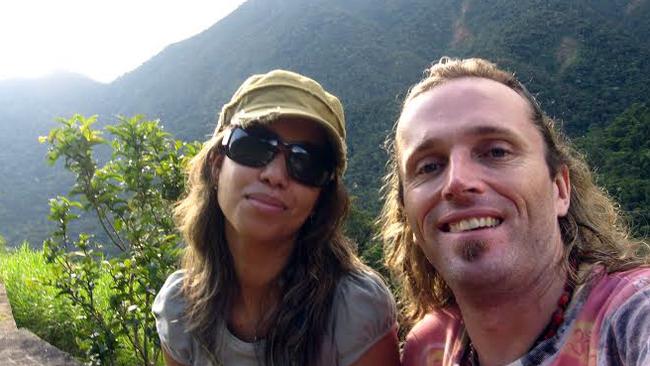
STRANDED on the Amazon River. Held at gunpoint in Rio. Initiated as a warrior. Meeting the love of his life.
Aaron Smith has seen the good, bad and plain ugly of South America. The 44-year-old journalist, who is based in Queensland and has visited more than 50 countries, tells news.com.au about his terrifying and fascinating adventures in one of the world’s wildest places, which are documented in his book Chasing El Dorado, A South American Adventure.
What did your trip involve?
I spent three years in South America (2006-2009). I originally went to Brazil for two weeks, as the last leg of a round-the-world, year-long trip. But then I fell in love with a Brazilian woman and the country, so I threw away my ticket, got a job teaching English and started freelancing as a travel writer.
Using Rio de Janeiro as a base I went to nearly every country in Latin America. At first it was just visa runs across to countries neighbouring Brazil every six months, for a few weeks each time. Then when I finally planned to leave the Americas I travelled by bus, train, boat and donkey from Rio de Janeiro across the Pantanal, over the Andes, through the Amazon and across the deserts of Mexico to the US. The last stint took about five months.
I could have easily never have come back, but my girlfriend (now wife) wanted to see my neck of the woods, so we came to Australia, we will probably hit the road again in a couple of years, destination unknown.
What were the highlights and challenges of your adventure?
There were numerous highlights. As well as all the standard tourist spots and the many hidden gems, it was the people, cultures, food, music, sights, sounds and tastes.
However, being initiated as an Amazonian Matse Indian Warrior was an awful experience to endure. The heat, insects, painful ceremony where poison from a tree frog was rubbed into wounds seared by a stick from the fire ... but it still resonates with me today.
As does my time with the shamans who brewed the hallucinogenic ayahuasca, especially the last of many times I shared a cup with these grizzled old healers. That was in the Amazon of South Eastern Columbia, a region rated by the Australian Government as being as dangerous as Afghanistan. FARC (Fuerzas Armadas Revolucionarias de Colombia) rebels were fighting with the army in hills all around me, gunfire punctuating the shaman’s spirit songs under a swirling Milky Way as I was both in awe of all the universe and fearing for my immediate existence in it.
Ultimately what being on the road gives you is that it forces you to constantly live in the moment, the everlasting now.
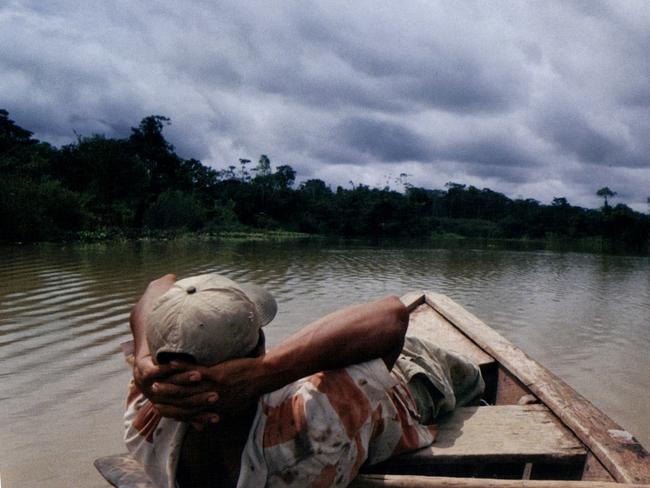
Language was also a tough one, my Spanglish is limited and my Portuguese worse. I learnt enough to get by, but I’m sure I could have experienced the cultures on a deeper level if I could comprehend them fluently.
Money was another challenge, as I basically had none. But subsistence living and travelling on the cheap allowed me to experience life more like an everyday citizen, commuting on local buses, eating from markets and sleeping in residencias (long-term hostel). It’s interesting, the longer you travel and the slower you move, the cheaper it gets, as you get into the rhythm of where you are. Plus I looked like a bum half the time, ragged clothes, beard and bedraggled hair, nobody thought I had any money to spruke out of me.
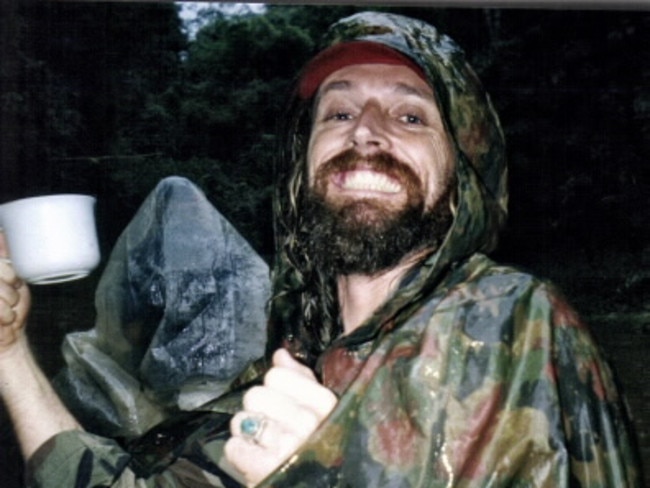
Tell us more about your initiation as a warrior
I went to Iquitos by the Ucayali River in Northeast Peru to live with the nomadic, warrior Matze Indians. The Matzes were — until recently — cannibals, and the area was full of piranhas, alligators, anacondas and malaria.
One morning I awoke to my guide telling me: “Get up, Pepe’s going to initiate you as a Matze warrior.” Pepe, the village chief, had a large green frog splayed out between four posts, each limb tied with string. Pepe, aggravating the frog by poking a stick up its ass and giving it a wiggle, induced it to secrete a milky white poison. He then removed a branch from the fire and pressed the burning ember into my chest, creating six small wounds ...
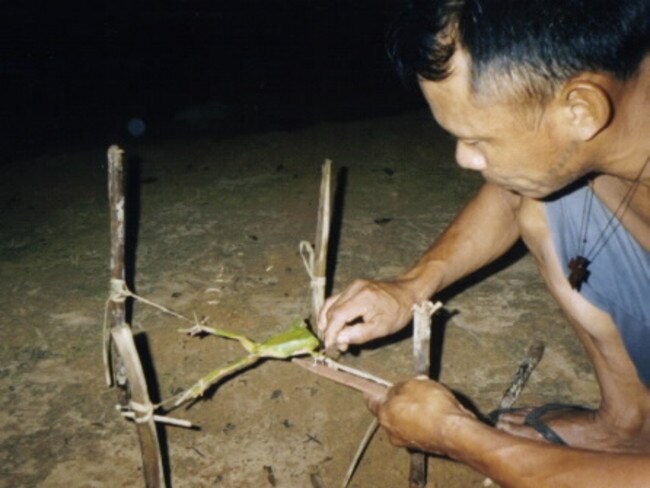
My legs buckled and I collapsed. It felt like I was dying as I threw up yellow bile. After 10 minutes Pepe threw a bucket of water over me and I crawled off to my hammock, slipping into a deep sleep.
When I woke a few hours later I felt better, more than better I felt great, strong, focused and alert, suddenly aware of every sound and smell emanating from the jungle.
Then we were stranded on the Amazon River, but luckily found our way eventually.
And you were held at gunpoint in Rio?
There is only one thing scarier than a man holding a machine gun to your head and that’s an angry kid doing it. It was actually the first night I met my future wife, she had taken me to a samba club to go dancing, and like most samba clubs it was situated in a favela, the birthplace of this music.
A few too many drinks at a streetside bar, the need to urinate and a couple of wrong turns later, I found myself in the “no go” zone where the gangs did their dirty work. Luckily my date found me and convinced the tween henchman not to shoot me. It was then and there I decided she was a keeper, it took me another month to convince her I was the same. I swore never to go back to that favela again. A couple of weeks later I was living there — never say never I guess.
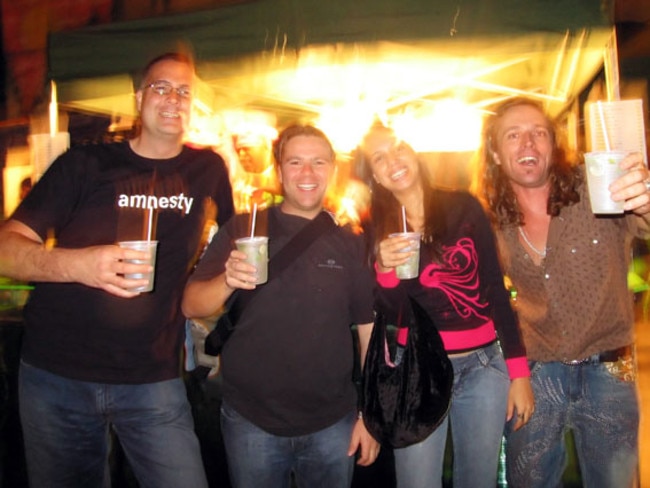
What was it like in the favelas?
I lived there for several months, being broke it was the only place where I could afford the rent. Let’s just say the constant threat of imminent death made it a renter’s market. There were aspects that were downright scary, but as I got to understand how things worked it was OK. Sure violent gangs ruled by Marshall law, but the favelas are full of hard working decent people. They learned to get by, and so did I. Humans are very adaptable creatures and before long I was no longer experiencing something novel, but rather the ‘new’ normal, at times even hum drum.
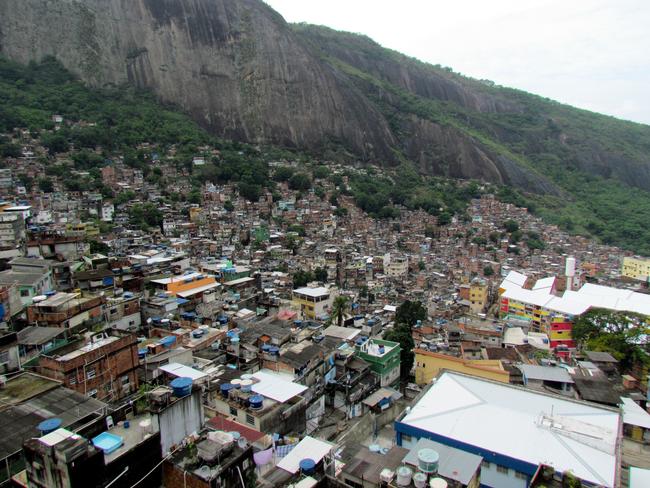
What about the medicine/drugs?
I studied what these tribal medicine men refer to as “plant teachers”. Yes they were extremely hallucinogenic, but it is not something you do recreationally to “party”. They often induce Dantes Hell-like visions, vomiting, diarrhoea, stomach cramps and for the faint of heart and weak of mind a battle for the soul.
The problem with our contemporary western culture is our disconnect with the nature. We are driven by the greed in our guts and the logic-based reductionism and ego of our heads. We no longer have rites of passage to step through Huxley’s Doors of Perception and like everything, the altered states of drug culture has been reduced to nothing more than a hamburger to be consumed.
Yes I drank these jungle brews frequently, and the more flippant reader may just disregard me as some nutter, but I disagree. I am actually just too sane, trying to cope in a world suffering a pandemic of consumption-driven insanity.
And what about all that cocaine in South America? Not my cup of tea. Nothing worse than being stuck in a room full of coke heads, everybody’s talking but nobody’s listening.
Tell us about your Brazilian wife
I call her my no bulls--t Brazilian, she was the first girl not to buy any of my lines, so I married her, or should I say she married me? We met on a travellers social media site called couchsurfing.com, but she never let me surf her couch, she didn’t trust me.
Viviane is a real Sex in the City kind of girl, she was all fancy clothes, wardrobes full of shoes and handbags, was an ex-ballerina turned executive. At the time we met I lived in hostels, washed my few clothes in a bucket and kept patching up my sneakers with superglue — opposites attract I guess.
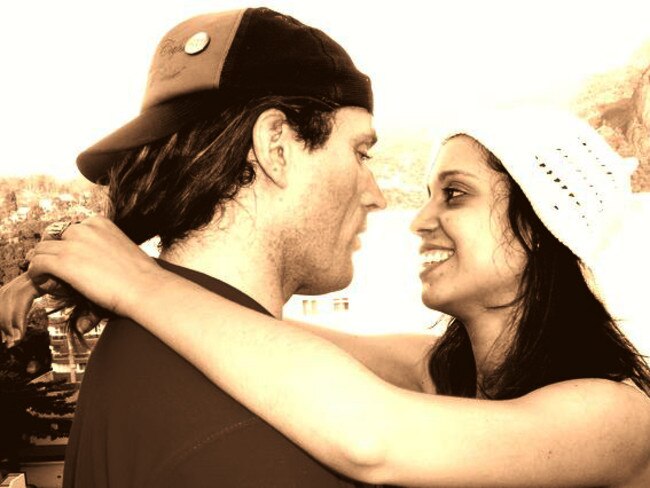
What’s your advice to travellers taking on South America?
Do less, go to fewer places and you’ll see so much more than the inside of yet another bus/train/plane terminal. What’s the hurry?
What was the one thing you learnt from it all?
That ultimately existence is meaningless and everything we think is important actually isn’t. There is no “why” there is just “is”, so fill your cup with love, respect, humility and gratitude and remember the rest of your life starts ... NOW!
Chasing El Dorado by Aaron Smith ($29.95) is published by Transit Lounge, and now available at all good book stores and online at here.


